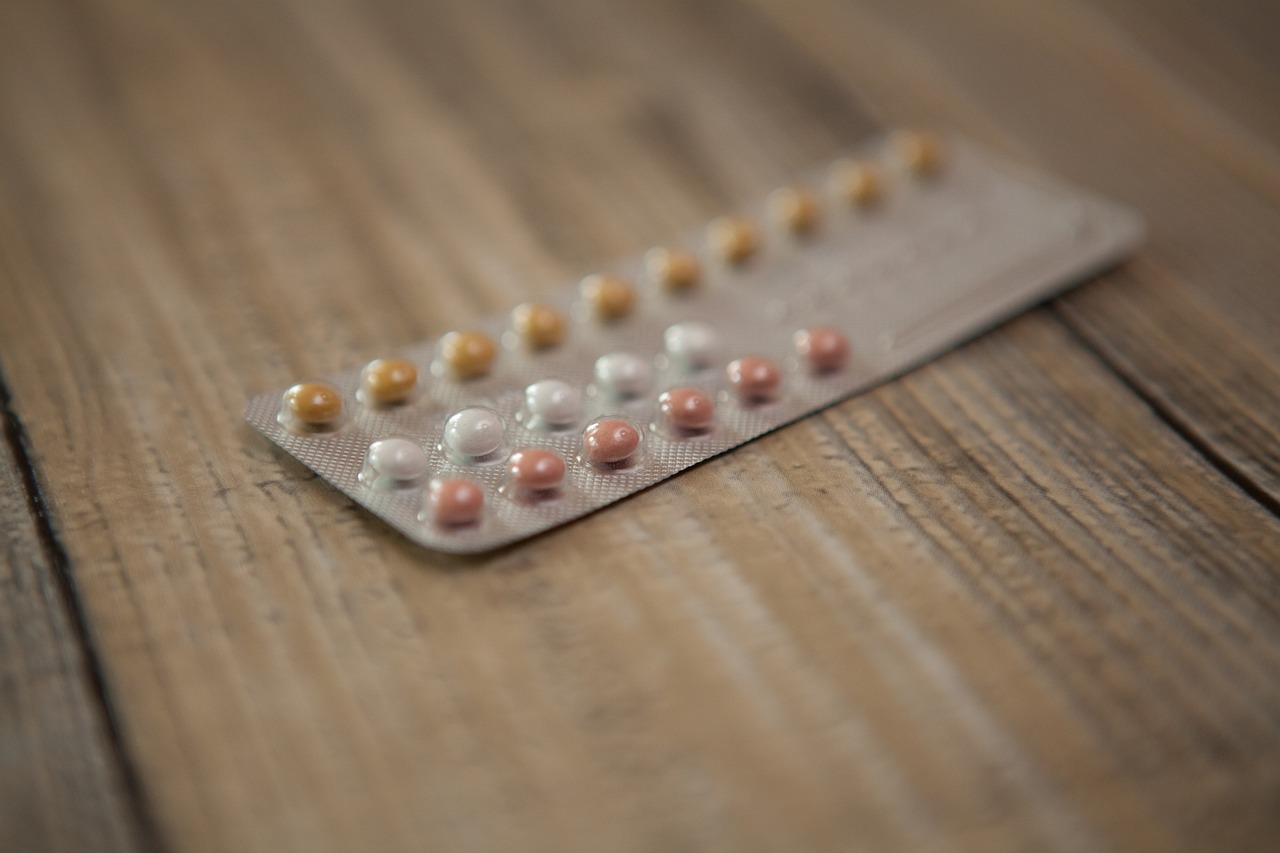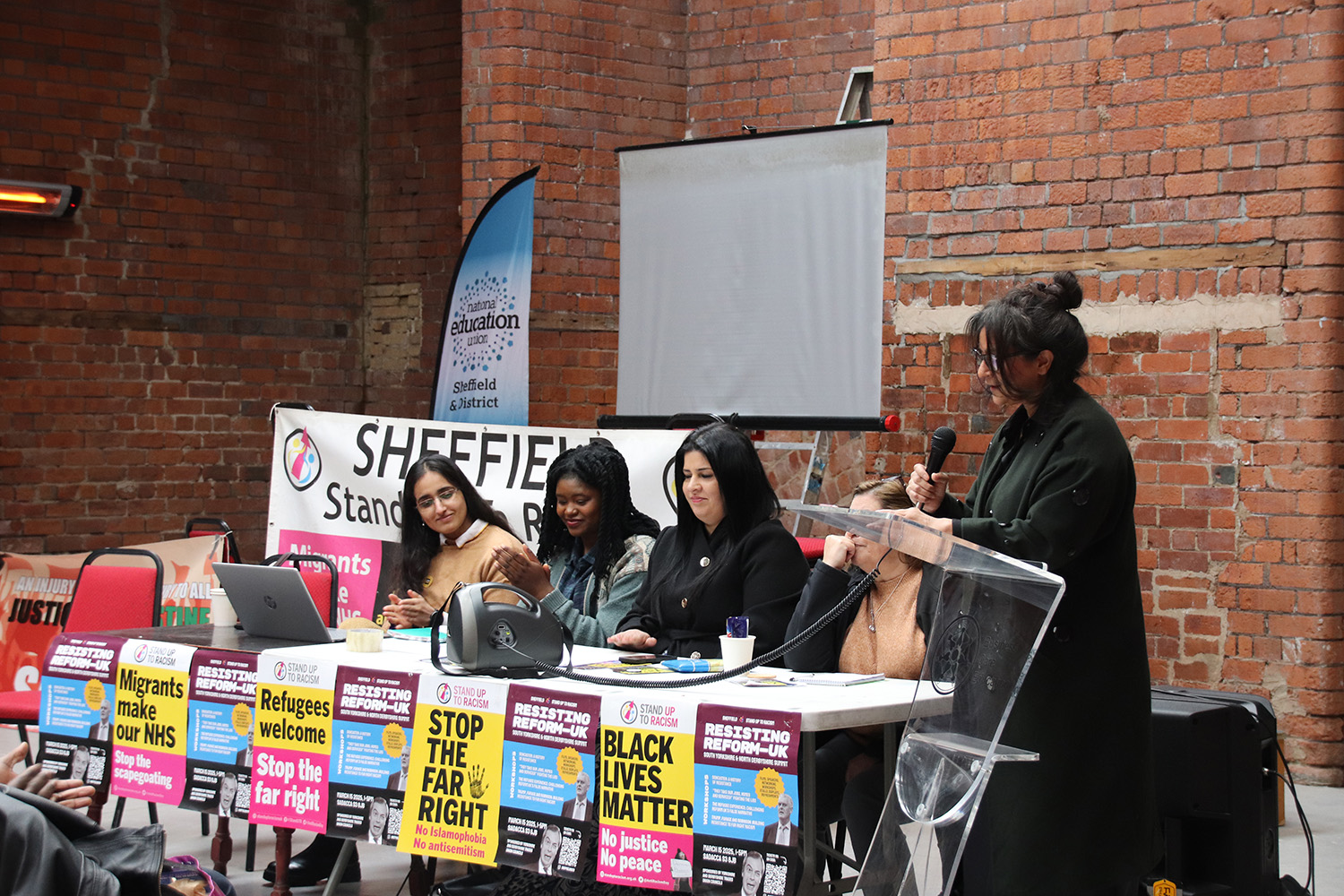When Florence Gibbs-Price started taking the contraceptive pill, she didn’t have any concerns, but in the six months that followed, she began to experience “extreme” side effects.
The 23-year-old content creator says: “I was a happy person with no previous mental health problems, but I began experiencing massive depressive episodes and mood swings that weren’t normal for me.”
As soon as she stopped taking the pill, she began to feel much better, and now says: “My emotions and hormones feel more stable.”

A Cosmopolitan article reported the death of Fallan Kurek, a 21-year-old teaching assistant who began taking the popular combined contraceptive pill, Rigevidon. She was deemed low risk, and when she began complaining about leg pain, was told by her GP that she was fine. When she started suffering from chest pains, Fallan was told by her local hospital that she was simply having a panic attack and that she would be fine.
Three days later, Fallan collapsed and died. She had a blood clot that had gone undetected.
The article stated: “Written in black and white, on Fallan’s death certificate, is confirmation that her cause of death was the contraceptive pill”.
An ongoing post in The Student Room about Rigevidon started in 2015 and was still being added to in 2022. The user who initiated the thread said: “This pill is making me crazy. What I want to know is if anyone else has experienced this same thing on Rigevideon or any other pill?”
If you search ‘birth control’ on TikTok, the majority of videos focus on the negative side effects and weight gain, with posts detailing positive experiences in the minority. They primarily target young women, who are more likely to be drawn in by online content, with advanced algorithms feeding them a stream of content that plays on their vulnerabilities and lack of education on the topic.
Searching ‘birth control’ on X (formerly Twitter) results in yet more negative posts, with one user stating “Birth control really is the worst thing that’s ever happened to me. Why have I been suffering endlessly for 7 years just so I can have a regulated period?”
Another user had stronger views, saying: “We need to move away from how normal it is to instantly prescribe birth control as a treatment for menstrual issues.”
An article in the Washington Post found that although doctors say hormonal contraception, including birth-control pills and intrauterine devices (IUDs) are safe and effective, they “worry the profession’s long-standing lack of transparency about some of the serious but rare side effects has left many patients seeking information from unqualified online communities”.
A survey of over 4,000 women in the UK last year by Savanta found that over half said they worried about the impact that hormonal contraception had on their mental and physical health, with three quarters saying they had experienced side effects, including weight gain, headaches, and lowered mood.
For Florence, who was on the pill for just under two years, she doesn’t think other options of contraception are feasible. “Although I’ve only been on the pill, I still wouldn’t advocate for any other forms, as I believe they are more permanent and invasive.”
Gabby Holland, a 22-year-old artist, is still taking the contraceptive pill and has been on the no-prescription pill Hana for four months. She feels she doesn’t have a choice when it comes to taking the pill, saying: “I wish I had alternatives, but women’s healthcare is underfunded and under researched so this is the only option for me. My periods have always been irregular, so I can’t count on my cycle.”

In 2014, the European Medicine Agency reported it would expect between five and 12 people in every 10,000 to suffer from a blood clot in their veins when taking combined hormonal contraceptives for one year.
Sexual healthcare assistant, Mollie Hawkins, believes people are more sceptical of hormonal birth control now. “I witnessed a lot of people who came in for the copper coil because they didn’t want any hormonal contraception anymore but still wanted to be protected. There’s always a lot of news articles about them causing cancer or illnesses and I think it makes people sceptical.”
Helen Burkitt, senior sexual health and contraception nurse, says: “There can be a lot of wrong or false information on social media/the internet around certain contraceptive products that is not coming from reputable sources or people with any contraceptive training.”
The NHS website states taking the pill can slightly increase your risk of getting breast cancer and cervical cancer, “but your risk of breast cancer and cervical cancer goes back to normal 10 years after you stop taking the pill”.
“Natural” alternatives, including the fertility awareness method where sex is timed to menstrual cycles, are frequently advocated by social media influencers.
However, if this method isn’t followed exactly, it is only 76% effective according to the NHS, leading to 24 in 100 women getting pregnant when tracking their fertility for a year.
There has been a radical shift towards anti-birth control sentiment, fuelled by increasingly right-wing viewpoints. Far-right conservatives have argued the broad acceptance of birth control has destroyed traditional gender roles, with commentators taking advantage of women’s fears and using this to spread misinformation online, under the guise of looking out for women.
Brett Cooper, a media commentator for the Daily Wire, said in a viral TikTok video birth control can impact fertility, cause weight gain, and even change who women are attracted to. The clip had over 219,000 likes before it was removed following an inquiry by the Washington Post.
Right-wing political commentator, Candace Owens, said she is a “big advocate of getting women to realise this stuff is not normal”, claiming birth-control pills and IUDs are “unnatural.”
Online magazine, Evie, which produces right-wing content for younger women, has published numerous articles subtly encouraging women to discard hormonal birth control, with titles such as “Why You Should Do A Birth Control Detox”.
It’s clear opinions are changing around birth control, especially in younger women, who want more transparency and information about the hormones they are ingesting. As Mollie says: “I’ve sat in with doctors and nurses where they’ve fully explained the side effects to people who’ve naturally had questions, and they’ve had the autonomy to decide by themselves – that’s how it should be.”



